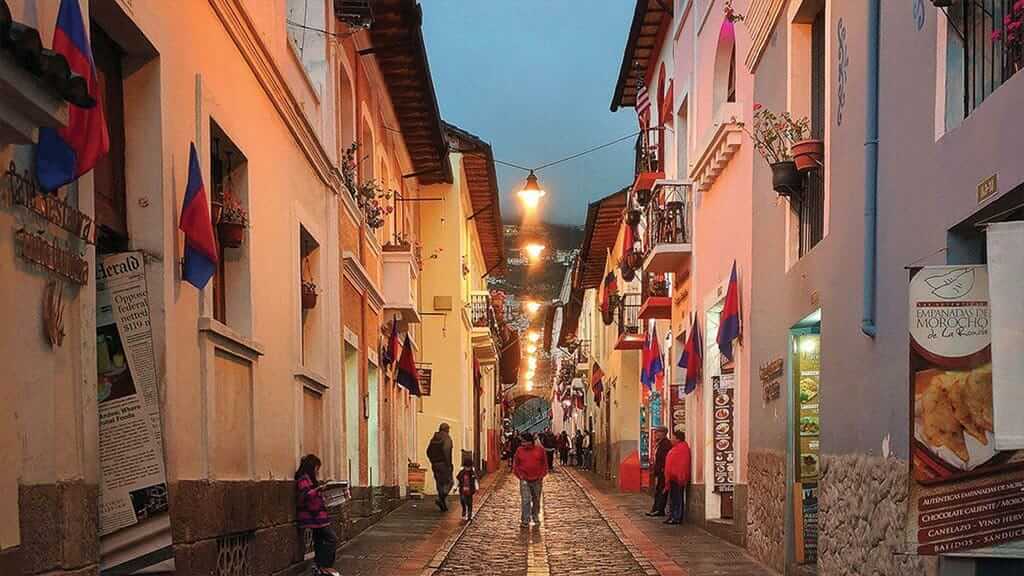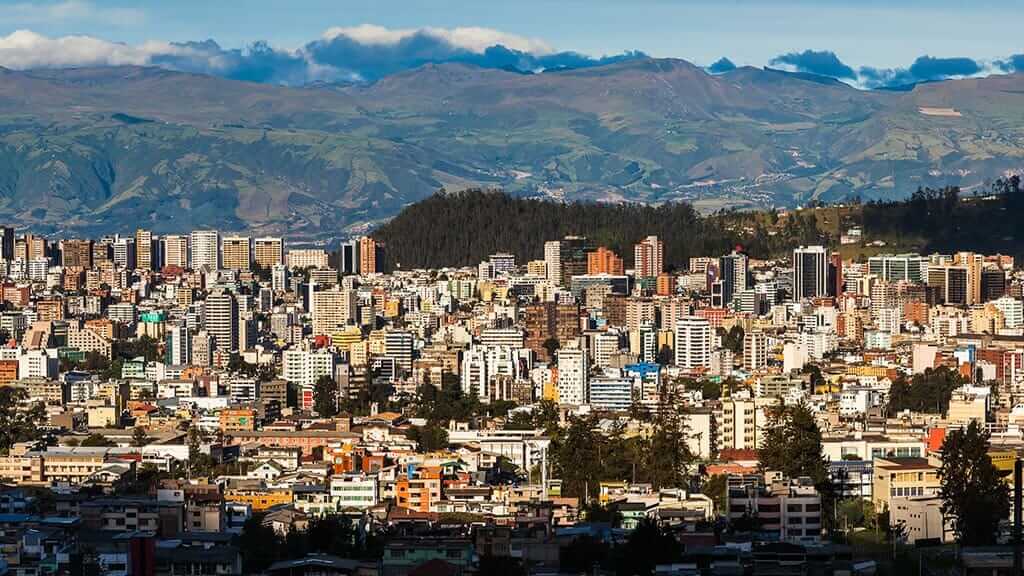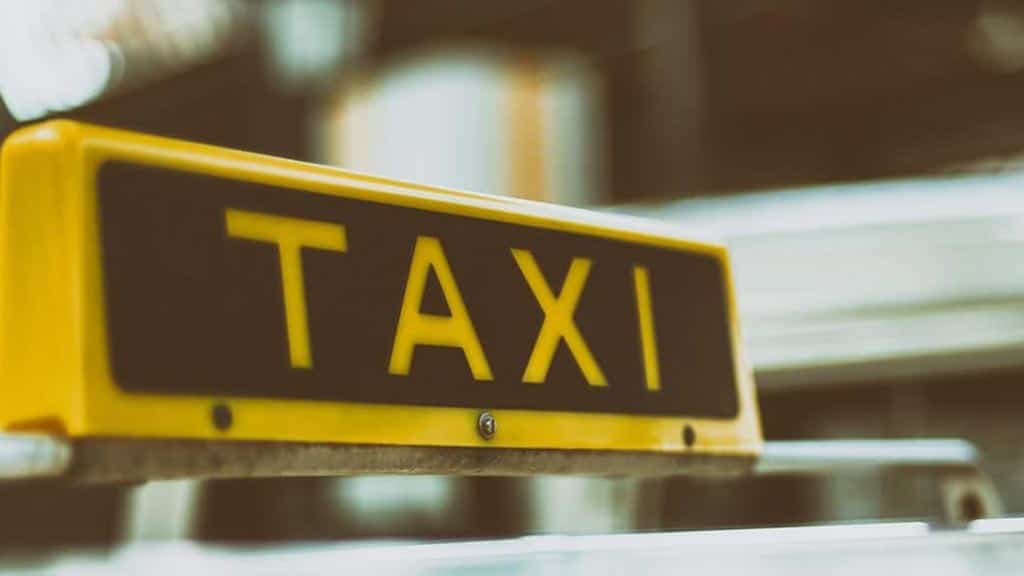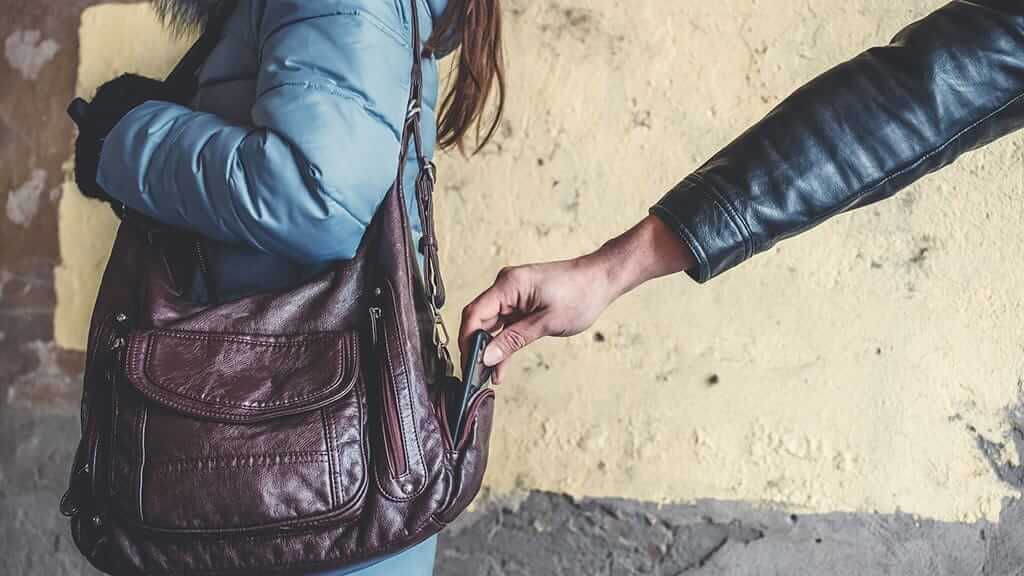Is Ecuador Safe To Visit For Tourists?
Is Ecuador safe for travel? It's one of the most common questions that we receive during trip planning. We do understand, that it’s only natural to be concerned, especially in light of South America’s reputation for crime.
But proper context is also important. Yes, Ecuador, like all countries, does face the issue of crime. However, the vast majority of trips to Ecuador end safely and trouble-free. Of course, basic care and common sense are required, but traveling with fear is unnecessary and will probably affect your enjoyment. While some petty crime does exist in Ecuadorian cities, it’s usually easy to avoid with a bit of trip savvy.
The overwhelming majority of Ecuadorian people are friendly and honest and will go out of their way to help travelers in their country. So, please, read our Safety in Ecuador travel tips, but don't be paranoid when over here on the ground. Be streetwise and smart, but also open to enjoying a genuine experience in a fascinating country. Remember, 99% of trips to Ecuador end happily and without mishap.
So, to the reader who is genuinely concerned about travel safety in Ecuador, keep reading for our honest opinions and top tips to stay safe in Ecuador.
SECURE YOUR ECUADOR TRAVEL
Get a FREE personalised quote todayShould you be Worried About Gang Violence in Ecuador?
Let's kick off with the elephant in the room - gang violence in Ecuador.
Since 2022 you may have read or heard on international news about the unfortunate rise of gang violence and narcotrafficking in Ecuador. It's true that post-pandemic, Ecuador is sadly being exploited as a drug-trafficking route. There is high production of cocaine in neighboring Colombia and Peru, so criminal gangs are taking advantage of Ecuador's excellent logistics and ports. As a result, Ecuador has seen a spike in gang-related violence.
Is gang violence a concern for tourist safety in Ecuador?
Not really. In fact, the good news is that the tourism sector has not been impacted by the gangs. Violent crime in Ecuador as reported on the news largely involves infighting between different gangs in disputes over territory.
Most importantly, Tourists have not been targeted, and Gang violence has mostly been restricted to specific parts of the country. Also, the local government has been proactive in getting police and military personnel onto the streets to protect tourism sites.
So, which areas of Ecuador are currently not safe to visit? In general, it's the coastal areas of the country that have been most affected. At this time we recommend avoiding travel to Esmeraldas province on the north coast. Also, take extra special care when out and about in the streets of Guayaquil in Guayas Province, or in areas close to the Ecuador-Colombia border.
The Sierra Highlands region and the touristic regions of the Amazon Rainforest are safe for travel. The Galapagos Islands also remain one of the safest destinations in South America.
As always, perspective is important. It's easy to become scared of news headlines anywhere in the world. Yet most visits to violent US cities are also trouble-free. Perhaps the most persuasive statistic is that not a single Happy Gringo passenger has reported any problems of crime (petty or otherwise) since the tourism reactivation post-Covid.
Is Ecuador Safe? Some Context For Tourism
With gang violence behind us, let's talk about more regular safety and security issues for travelers.
The worries when writing about Ecuador's safety issues are complicated. Travel safety in general is not a simple black-and-white issue. Here are a few of my misgivings:
1. Saying something is ok and it isn’t. For example” “It is safe to walk around in the city during the day, but always take a taxi at night”. Truth be told, it generally is, but right as rain, one sometimes meets people who have problems in the middle of the day in plain sight of crowds of people.
2. Warning people about places only to hear otherwise. For example: Security alerts have been issued for border crossings in Ecuador. Alerts and warnings are issued for a variety of reasons, and I’m in a position to frequently follow up on these warnings with travelers here. Many times people have told me that the border crossings in question were the easiest they have been through during their South American trips. So, how can one make the call?
3. Things get further compounded when realizing that most people headed this way have few points of reference beyond the world’s media. Ecuador doesn’t get a lot of press coverage beyond events of political unrest, natural disasters, Julian Assange, and oil companies polluting the Amazon, so views are naturally skewed toward bad news which creates fear.
Most articles that you find about travel safety in Ecuador throw the kitchen sink at the issue. To cover all the bases, many list robbery, assault, taxi kidnappings, and more, breaking down the wrongdoings until it sounds like the country is a crime-ravaged disaster zone that one will be lucky to escape with your life. The reality, of course, is that tourists get mugged or pick-pocketed daily in New York, London, or Paris too, and in fact, most major US cities have far worse crime records than Ecuadorian cities. So a healthy dose of common sense and perspective is always needed.
The approach in this article is different. Instead of listing the things that have happened here in an effort to cajole you into sticking to the beaten path, the following tips are written to urge you towards caution and common sense instead of fear and panic. Is Ecuador safe? Yes, it is, but do follow basic safety tips as you would do anywhere else. Ecuador is a fun and exciting country to visit and explore, so keep reading for some suggestions and tips about staying safe during your next adventure here.
GET FREE ADVICE
From an Ecuador destination expert todayIs It Safe To Travel In Ecuadorian Cities?
Quito, Guayaquil, and Cuenca, among other Ecuadorian cities, are outstanding places to explore. Most people visit the first two during stops between legs of their trips to the Galapagos, the rainforest, or other neighboring countries. The culture, nightlife, history, and vibrant urban vibe of these colonial hot spots is one of a kind.
However, as in most major cities around the globe, there are things to look out for in terms of staying safe.
Safe Travel On Ecuador Buses
Buses in Ecuador’s cities are crowded to an extreme during rush hour and busy times, Once you let a few go by and see a spot on the last one in sight, the doors close only to open again to let a stream of people in that make you feel like you are on the dance floor at the Roxy. Like in most big cities, there are professional pick-pockets who pray on this.
Here are some Ecuador bus safety travel tips to help you stay out of trouble:
• Take heed of your bags, and keep them in front of you and across your Chest (if standing), or on your lap (if sitting) – this way your belongings are in clear sight. If possible, also have your free hand in your pocket to protect your cash, keys, and phone. Two of the most common problems on city buses are pickpocketing and bag slashing.
• Act like a Hockey player when necessary. As mentioned, buses can fill up unexpectedly, leaving you at the mercy of the crowd. Throw a polite elbow if someone is too close, and don’t be afraid to grab at wandering hands, even from the most unlikely passenger.
• Try to avoid peak travel times. If you are out for a day of exploring the city by bus, save some time by going early, or waiting until after the morning rush hour. Head back in the late afternoon, before finding a dinner spot, to grab a seat and avoid the crowds and risk.
• Special tips for long-distance buses in Ecuador: If you travel by inter-provincial buses between cities, then absolutely do NOT store your small backpack or luggage in the overhead compartments, or you might find it has disappeared when you reach your destination. Similarly, be careful if storing your bag on the floor, there have been reported thefts by the passenger on the seat behind reaching under to slash a bag. In general, it is safe to store large packs underneath the bus but always keep valuables with you.
Petty Crime In Ecuador
In Ecuadorian cities, pickpockets and petty robbery are two of the more common problems. Somehow the bad guys can sense when a person is new to the country. But that’s as true in London or New York as in Quito or Guayaquil.
A few tips on making sure you leave with the things that you had when you got here:
• Use Hotel and Hostel Safes. Store your valuables, passports, and important documents in the safes at the places you stay in. When venturing out for a wander, take a copy of your passport and only enough cash to get you through the day.
• Leave the Travel Bling at Home. It’s admirable that you want to unleash your inner Emilia Earhart, Indiana Jones, and David Livingstone when headed to the Galapagos, the jungle, or the Andes. The thing is when you are walking around a city dressed in a pith hat with a camera in one hand and a guidebook in another, people tend to notice. Instead, hit the streets in your casual out-and-about clothes, and leave the cameras and phones hidden from sight until you need them. (I consider being able to take pictures without people noticing a travel skill. Make it a game as well as a precaution, and see what you come home with at the end of the day.)
• Keep cash safe using a Money Belt. Money belts are brilliant and have evolved into many innovative solutions to keep your money hidden. Their disadvantage and the reason that they are used is that they are difficult to access. Grabbing at your waist, under your arm, or bending down to unzip an ankle belt isn’t the smoothest of actions. So have some cash and small change in a few different pockets in addition to that in your money belt, to use for taxis, food, coffee, etc.
• When in Doubt, Get Out. I have been walking in an area off of a major tourist zone on the coast, a few minutes from hundreds of people when a woman opened her door and told us we weren’t safe and to turn around. So, always keep an eye on your surroundings, and turn the corner, duck into a shop, or ask for help if something doesn’t feel right.
• Ask for Recommendations from the staff at your hotel, from fellow travelers, and even the bartender at the local expat bar. One of the worst feelings is to hear that a traveler has had a problem while in Ecuador. When feeling uncertain, locals will be happy to point you towards safer ground.
A Few Typical Scams To Be Aware Of In Ecuador’s Cities:
To stay safe in Quito Ecuador, stay alert to the following tricks:
• The Mustard Trick
Most of the stories I’ve heard about this are from people in Quito, where I live. The routine starts when someone unseen splashes mustard (or worse) onto people carrying bags, cameras, etc around the bus stations and touristy areas of the city. At a moment’s notice, a friendly passerby stops to help clean up the mess. During this distraction, when the bags are put down and while heads are turned the other way, another accomplice pirates your belongings away, before the “helpful stranger” melts back into the crowd.
• Taxi Scams
As stated above, legal taxis are required to have a license sticker, camera, and panic button. Even if these stipends are met, things can go sideways if you aren’t careful. The most common scams are to drive away without the meter on or to head in a dizzying set of wrong turns that lead in the opposite direction from where you are headed to hike up the price. Make sure your driver is clear that you know the drill, check that the meter is on from the off, and don’t shy away from calling your hotel to give the driver directions if they feign ignorance.
It should also go without saying that your taxi driver should never stop to pick up other passengers. If your taxi stops for an unknown reason, or people approach to get in, then it's time for you to get out! Also, always ensure that the doors are locked when being transported through the city, and don't circulate with windows wide open.
• Bag Slashing
I’ve known many a traveler, volunteers, and teachers who would still scratch their heads when talking about this happening to them. Valuables in zipped pockets get nicked, bags with locks on them are opened, and phones in safe places disappear without a trace. While I know people who refuse to take public transportation because of this, I’ve found that waiting for a less crowded bus is the way to go. It’s a nuisance that, in the grand scheme of things, saves you the risk & hassle of losing valuables and then having to spend time and money replacing them.
• The Restaurant Bag Snatch
I have seen it many times, and not just in Ecuador. There you are enjoying a meal, engrossed in conversation with friends, supping wine or your drink of choice, and generally enjoying yourselves. When the bill arrives and it’s time to pay, you reach back for your handbag or backpack to find it is no longer hanging on the back of the chair where you left it, in fact, it is nowhere to be seen. An unattended bag, especially one that is out of sight, is an easy target for a sneaky city thief.
The disclaimer to this article includes the line that says that it doesn’t list all of the things to look out for. It extends to this, not everything always goes right when you travel. Flights get missed, credit cards are flagged and canceled, luggage gets lost, and sometimes those with ill-will towards travelers get the upper hand. While this is the case, in the few instances that I have had something go awry when in Quito, I have found great people who have helped me, out of the blue!
The overwhelming majority of travelers to Ecuador go home with only positive memories. Ecuador has long been considered one of the more peaceful countries in the region. Most Ecuadorian people you come across will be friendly, helpful, and honest. Please do not let my tips and recommendations fill you with fear when you travel. The purpose of this blog was to educate and keep travelers in Ecuador safe and out of trouble.
Happy Gringo offers 24-hour support to all of our customers whenever you need it! If you encounter a problem of any kind then just call our emergency number. It will be a relief to have an English speaker to help get you back on track.
Contact a member of our team for more information about travel to Ecuador, and the Galapagos Islands or to create a custom-made trip.
Book With The #1 Trusted
Ecuador Travel Agency
Conclusion: Is Ecuador Safe For Tourists?
Is Ecuador safe? The short answer is YES, Ecuador is safe, as long as you take proper care. Ecuador is as safe as most other developing countries, and cities like Quito are as safe as most major cities in the world, but with the general proviso that you should always travel with care and common sense, and be streetwise. Occasionally things will happen, even when out and about in your hometown, so always take care, and put life into perspective in the worst case that you do get caught up in anything. We wish safe Ecuador travels to you all, remember to stay alert on the streets, and above all enjoy your Ecuador trip.






